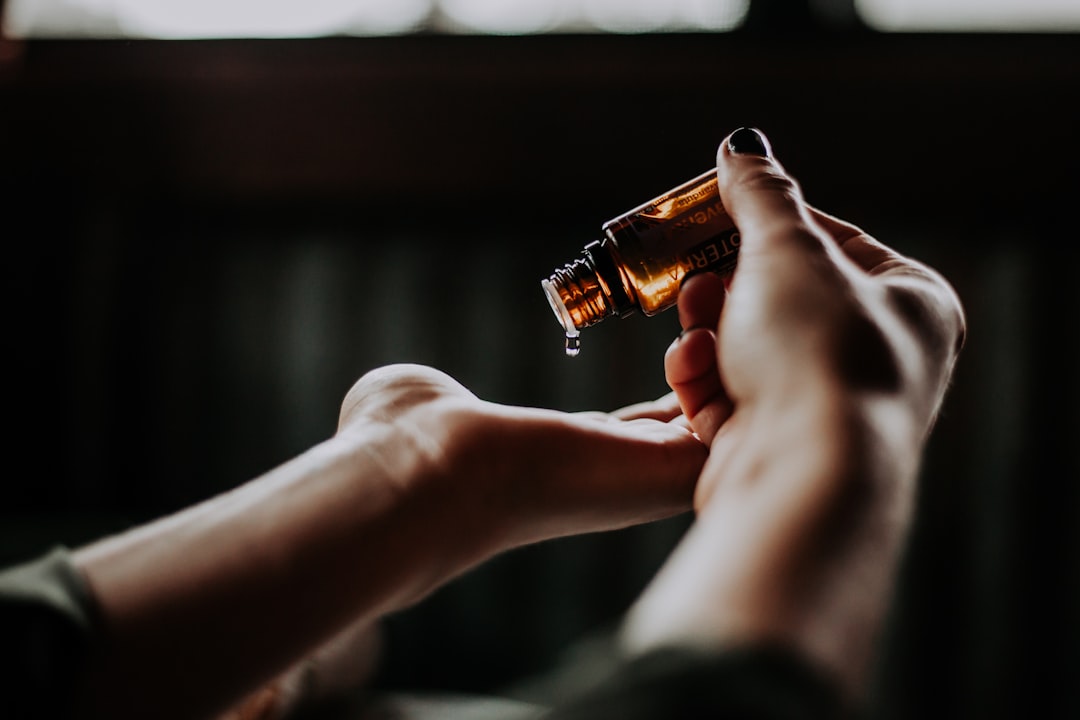Massage therapy offers mental health benefits but requires client empowerment and therapist accountability in Rhode Island, where massage abuse law firms protect rights. Recognize red flags, understand legal protections, build trust through communication, and set boundaries to ensure safe, therapeutic experiences while prioritizing mental wellness. Massage abuse law firms Rhode Island play a crucial role in maintaining industry safety standards.
In Providence, seeking relief through massage therapy can be a sanctuary for mental wellness. However, understanding the connection between personal safety and therapeutic practices is paramount. This guide explores how massage can impact mental health while highlighting crucial aspects to ensure client protection against potential massage abuse. From recognizing red flags to legal protections offered by Rhode Island spas, we empower clients with knowledge. Learn about building trust, safe practices, and boundary setting for enhanced wellness in the hands of qualified professionals, while also understanding your rights as a client in the state’s robust massage therapy landscape.
Understanding Massage Therapy's Impact on Mental Health

Massage therapy is often sought for its physical benefits, but it also plays a significant role in enhancing mental wellness. When received from qualified professionals, massages can reduce stress and anxiety by promoting relaxation and lowering cortisol levels. This effect is particularly important given that chronic stress is linked to various mental health issues.
In Rhode Island, where massage abuse law firms exist to protect clients, understanding the therapeutic impact of massage on mental health is crucial. A safe and supportive environment during a massage session can foster a sense of calm and well-being, enabling individuals to process emotions and improve their overall mental wellness. It’s essential for clients to be aware of their rights and feel empowered to communicate boundaries to ensure a positive and healing experience.
Recognizing Red Flags: Signs of Potential Massage Abuse

Recognizing potential signs of massage abuse is crucial for clients prioritizing their safety and mental wellness. While massages are generally therapeutic, it’s essential to be vigilant. Red flags might include unusual behavior from the therapist, such as persistent unwanted physical contact outside the treatment area, inappropriate comments or jokes, or a failure to respect personal boundaries.
Additionally, clients should pay attention to any pressure to perform sexual acts in exchange for massage services, which is illegal under Rhode Island’s massage abuse laws. If you feel uncomfortable, intimidated, or experience any form of non-consensual behavior during a massage, document the incident and consider reaching out to a local massage abuse law firm for guidance and support.
Legal Protections for Clients in Rhode Island Spas

In Rhode Island, clients enjoying spa treatments and massages are protected by stringent legal measures aimed at preventing and addressing potential abuse or misconduct. The state has established clear guidelines and laws to ensure safety within the wellness industry. One key protection is the implementation of strict licensing requirements for massage therapists, ensuring only qualified professionals can practice. Moreover, Rhode Island’s legal system offers robust mechanisms for clients to report any instances of inappropriate behavior or sexual harassment during massages.
These legal protections extend to various forms of abuse, including physical, emotional, and sexual misconduct. The state’s laws empower clients to take action if they experience any form of massage abuse by providing avenues for legal redress. Rhode Island spa law firms specialize in handling such cases, guiding clients through the process while advocating for their rights, ensuring that wellness experiences remain safe and therapeutic.
Building Trust: Essential Boundaries in Therapeutic Sessions

Building trust is paramount during any therapeutic session, especially massages, where physical touch and vulnerability intertwine. Clients from Providence should be encouraged to set clear boundaries at the outset, fostering a safe space for their well-being. This includes communicating preferences regarding pressure points, areas of discomfort, and personal limits, ensuring the massage therapist respects these guidelines. Rhode Island’s massage abuse laws emphasize the importance of client autonomy and highlight potential consequences for therapists who violate these boundaries.
By establishing trust and respecting individual comfort levels, clients can maximize the benefits of a therapeutic massage while minimizing risks. It empowers individuals to take an active role in their mental wellness journey, knowing they have control over the experience, thereby enhancing overall satisfaction and well-being.
Promoting Safe Practices to Enhance Client Wellness

Promoting safe practices is paramount in the massage industry, especially regarding client wellness. In Rhode Island, where massage abuse law firms exist to protect individuals, it’s crucial for clients to be aware of their rights and for practitioners to uphold ethical standards. This starts with open communication, where therapists encourage clients to express any discomfort or boundaries. A safe space should be created, ensuring clients feel empowered to pause or discontinue services if needed.
Additionally, maintaining professional boundaries is essential. Therapists must avoid personal interactions that could lead to inappropriate relationships. By adhering to strict code of conduct guidelines and industry regulations, massage practitioners can foster an environment that prioritizes client safety and mental wellness. This practice not only protects individuals but also strengthens the reputation of the profession as a whole.






